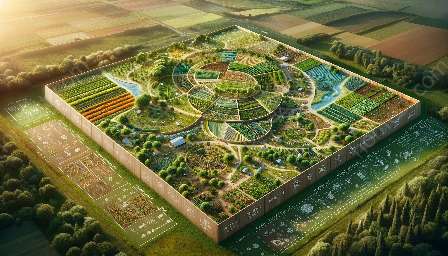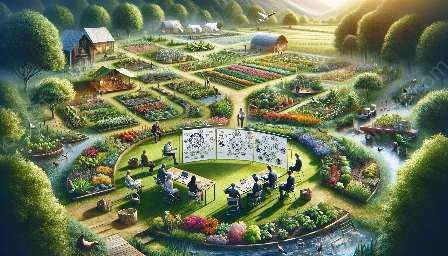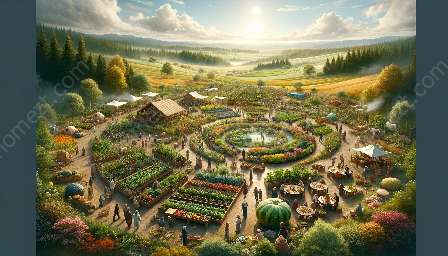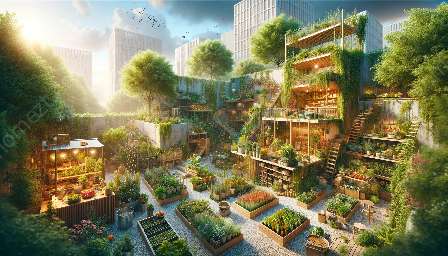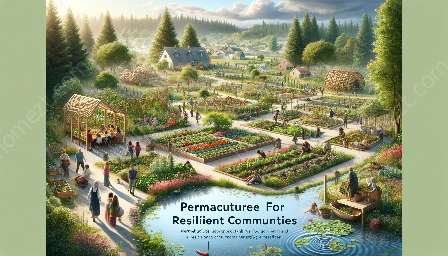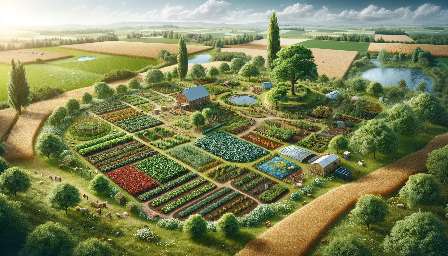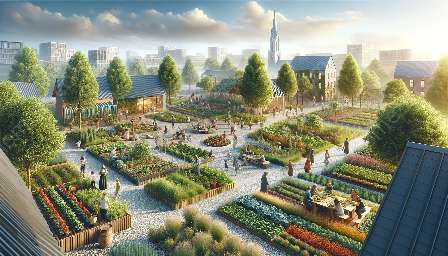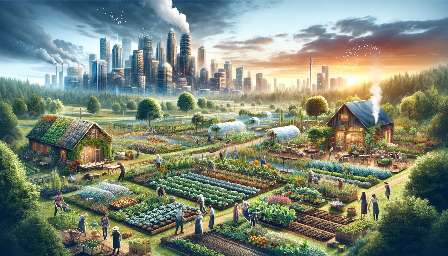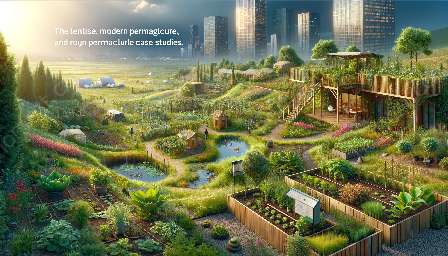Permaculture encompasses a holistic approach to gardening and landscaping that not only enables the creation of sustainable ecosystems but also fosters community building and empowerment. By integrating permaculture principles and practices, communities can revitalize their social fabric, enhance local resilience, and promote environmental stewardship.
The Core Principles of Permaculture
At its heart, permaculture is built upon three core principles:
- Care for the Earth – recognizing that the Earth is our home and nurturing its ecosystems is crucial for long-term sustainability.
- Care for People – prioritizing the well-being of individuals and communities and ensuring access to resources and opportunities for all.
- Fair Share – promoting the equitable distribution of resources and the responsibility to share surplus to build a more resilient community.
Permaculture and Sustainable Community Building
Permaculture inherently encourages local resilience and self-sufficiency. By developing food forests, community gardens, and regenerative landscapes, individuals and neighborhoods can lessen their reliance on external resources and build a more sustainable future. Through shared knowledge and cooperation, permaculture enthusiasts can create thriving local food networks and foster a sense of interdependence within their communities.
Revitalizing Urban Spaces
Urban permaculture offers innovative solutions to common urban challenges. With strategic designs that incorporate edible landscapes, rooftop gardens, and urban orchards, permaculture can transform underutilized spaces into thriving havens for biodiversity and community interaction. These projects not only enhance urban aesthetics but also promote local food production, reduce food miles, and provide educational opportunities for both children and adults.
Empowering Community Engagement
Permaculture acts as a catalyst for community engagement, fostering a sense of ownership and connection to the environment. By involving people in the design and implementation of permaculture projects, a shared sense of purpose and responsibility is cultivated, leading to a more cohesive and empowered community. Additionally, permaculture practices, such as composting, rainwater harvesting, and natural building, provide hands-on learning experiences that empower individuals to adopt sustainable practices in their own lives.
Permaculture as a Tool for Social Inclusion
Permaculture principles promote inclusivity and respect for diversity. By creating spaces that support biodiversity and a range of cultural practices, permaculture projects become a platform for celebrating differences and fostering social cohesion. Community members from diverse backgrounds can come together to share skills, knowledge, and experiences, transcending barriers and creating a resilient and welcoming community tapestry.
Conclusion
Permaculture, when applied to gardening and landscaping, goes beyond sustainable land management – it serves as a powerful tool for community building, revitalization, and social empowerment. By embracing permaculture principles, communities can create vibrant, resilient, and inclusive environments, ultimately contributing to a more sustainable and harmonious world.





